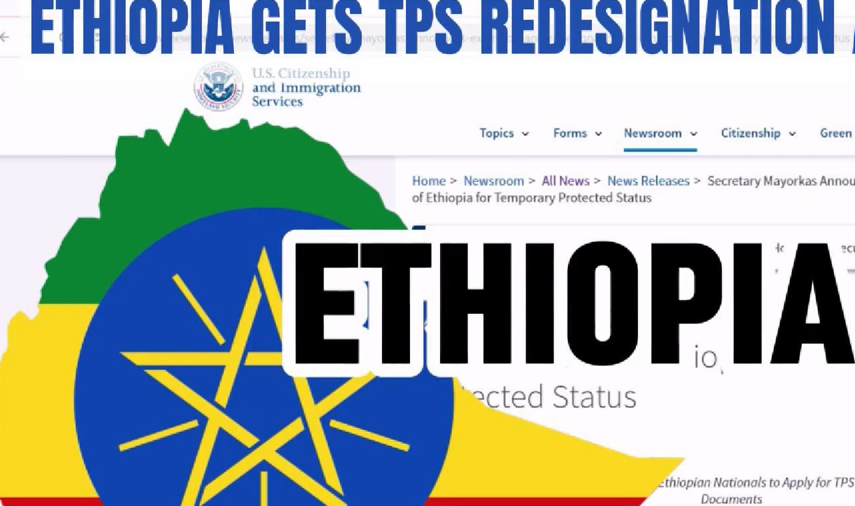Mayor Elect Lightfoot.
[Comment]
Lori Lightfoot, Mayor-Elect of Chicago said, “Out there tonight, a lot of little girls and boys are watching. They’re watching us and they’re seeing the beginning of something, well, a little bit different. They’re seeing a city reborn, a city where it doesn’t matter what color you are and where it surely doesn’t matter how tall you are. Where it doesn’t matter who you love, just as long as you love. Let me say that again: where it doesn’t matter who you love, just as long as you love with all your heart. In the Chicago we will build together, we will celebrate our differences. We will embrace our uniqueness, and we will make certain that all have every opportunity to succeed.”
The National Urban League is proud to congratulate Lori Lightfoot, not only the first Black woman elected as Chicago’s mayor, but the first openly LGBTQ person to serve in that office.
Her historic election has inspired not only Black women and girls and young LGBTQ Americans, but men, women and children across the political spectrum. She rose from a childhood in a small, segregated Ohio city, daughter of a health care aide and a janitor, to oversee the third-largest city in the nation.
Chicago, is the largest city ever to have elected a woman mayor and the largest to have elected a gay mayor.
By all accounts, Lightfoot’s leadership qualities emerged early, when she was elected class president in 10th grade by her mostly-white peers.
She worked seven jobs to put herself through the University of Michigan, where she majored in political science and went on to work as a congressional aide for both Democratic and Republican politicians.
She arrived at University of Chicago Law School on a full scholarship and established herself as a student activist. She successfully fought to ban from campus a recruiter for a major law firm — and major donor to the school — who had made racist and misogynist comments.
While attending law school at the University of Chicago, she organized campus protests against the discriminatory hiring practices of Baker McKenzie, the multinational law firm. Although Baker McKenzie was one of the university’s biggest benefactors, the protests culminated in the firm being banned from recruiting on the U. of C. campus.
As an attorney in private practice, she fought against extreme gerrymandering. As an assistant U.S. attorney, she fought political corruption.
In addition to its cultural significance, Lightfoot’s election could have a significant impact on one of the major issues in Chicago and across the nation – police accountability. As urban researcher Pete Saunders wrote:
“Lightfoot was appointed by Mayor Rahm Emanuel as President of the Chicago Police Board, and later as head of the Police Accountability Task Force established in the wake of the police killing of Laquan McDonald. In both roles Lightfoot was critical of Chicago Police practices, and she developed a reputation as a police critic seeking reform of the 13,500-officer department. Lightfoot came into conflict with Mayor Emanuel over the Laquan McDonald shooting and Emanuel’s attempts to broker an agreement that would prevent a consent decree and federal oversight of CPD.”
During her tenure as head of the Police Board, which had a reputation for leniency, the board terminated officers in 72 percent of the cases it heard.
She ascended to the Police Accountability Task Force in the wake of Laquan McDonald’s shooting death at the hands of Chicago Police Officer Jason Van Dyke.
The task force issued a scathing report. “The community’s lack of trust in CPD is justified,” it found, citing disproportionate shootings, tasings, traffic stops, and street stops of black residents. The report also found an “utter lack of a culture of accountability” in the department, and charged that union contracts have “essentially turned the code of silence into official policy.”
Lightfoot’s task force report led current mayor Rahm Emmanuel to accept a court-monitored overhaul of the police department.
Van Dyke was convicted of second-degree murder and 16 counts of aggravated battery with a firearm. Three officers accused of covering up the murder were acquitted earlier this year of conspiracy, official misconduct and obstruction of
One of her first actions following her election was to urge the U.S. Attorney’s Office to reopen their grand jury investigation in the so-called “code of silence” trial to see if any civil rights were violated.
When I became President of the U.S. Conference of Mayors in the 1990s, there was a single Black woman mayor among my peers – Sharon Sayles Belton, of Minneapolis. Now there are nearly two dozen across the country, from Latoya Cantrell in my beloved hometown of New Orleans to Karen Freeman-Wilson of Gary, Indiana; Keisha Lance Bottoms of Atlanta, Muriel Bowser of Washington, D.C., and London Breed of San Francisco.
We’re proud to see Lightfoot joining their ranks, and the elected leadership of America’s cities taking a step toward truly representing the dynamic diversity of their citizens. We wish her well.
Marc H. Morial, President and CEO
National Urban League












